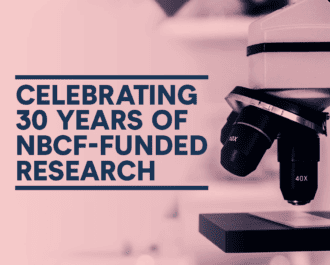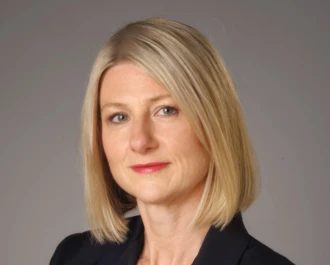 Treat
Treat
Most deaths from breast cancer are caused by metastasis, or spread, of cancerous cells from the main tumour site into other organs.
What makes it complicated is that breast cancer consists of thousands of different cell variants that may or may not play a role in its spread. This makes it difficult to pinpoint which cells are responsible for driving the spread of cancer, making effective treatment a challenge.
To better understand how to pinpoint these cells National Breast Cancer Foundation (NBCF) funded researchers from the Walter & Eliza Hall Institute of Medical Research (WEHI) have developed an innovative technique called cellular barcoding which tags, tracks and pinpoints specific cells responsible for breast cancer spread. Cellular barcoding can also reveal how chemotherapy temporarily shrinks the number of harmful cells, rather than eliminating them completely.
Professor Jane Visvader, joint lead researcher of the new study published in Nature Communications, said that understanding the nature of clones responsible for the spread of cancer is crucial for improving treatments for breast cancer.
“Our study revealed that only a few select clones were responsible for breast cancer spread. The barcoding technique enables us to identify the clones that are able to get into the blood stream and make their way into other organs where they seed tumour growth,” explained Professor Visvader.
Professor Visvader said that, as a long-term proposition, the findings have the potential to lead to the development of new targeted treatments for breast cancer.
“The power of this technology lies in understanding which clones ultimately contribute to breast cancer spread,” she continued.
“Having a better understanding of the process will help us target the different types of cell clones and pathways active in them that are responsible for breast cancer spread. However, further studies will be required before we can translate these findings into the clinic.”
NBCF are proud to have funded such ground-breaking work with the support of our partners, fundraisers, donors and the community.
“This has been a wonderful collaboration between fellow NBCF funded researchers Professor Geoff Lindeman, Dr Delphine Merino as well as immunologist Dr Shalin Naik and his research team,” added Professor Visvader. “We are very grateful for the support of NBCF to progress this important work.”
More News Articles
View all News Treat
Treat


